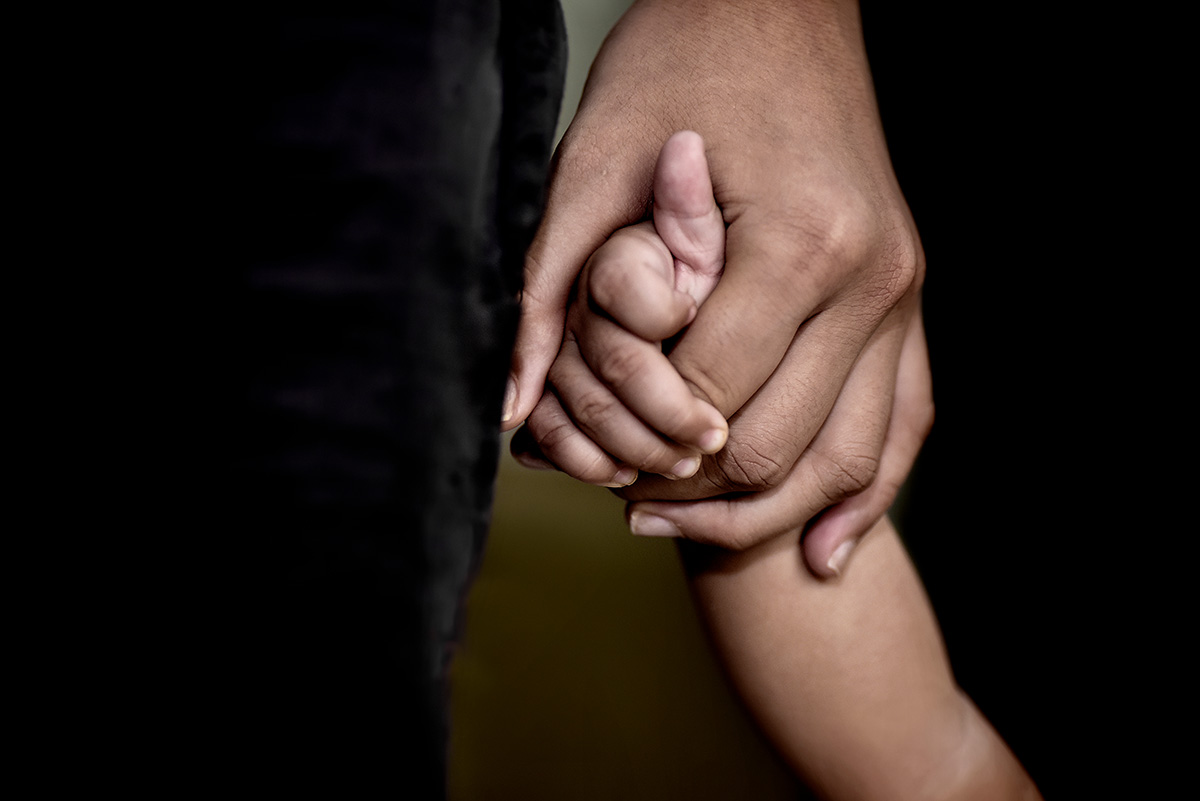The growing mental health crisis is plaguing youth and the rest of the population alike. Anxiety and depression are impacting all ages, and continue to perpetuate a wider mental health crisis. A critical factor in the rise of mental health issues is the transference of, for example, anxiety between parents and children.
It is estimated that 1 in every 4 people today are suffering from mental health issues. With many stressors, from inflation, to climate change, occupying the minds of parents, children are definitely going to experience the repercussions. The experience of transference perpetuates a cycle of mental health issues that passes along from one generation to the next.
Growing pains
When children of younger age groups witness their parents displaying signs of anxiety, worry, restlessness, and more, children may unconsciously adopt similar behaviors. Parents are significant figures and role models in a child’s life, and their behavior can directly influence a child’s emotional development and cognitive understanding. The experience of transference enacts itself through direct communication, modeling, and even imitation through mirror neurons. Adolescence is already a stressful time in a child’s life, and the process of moving through that is so personal to each and every teen.
Pandemic
A report published in JAMA Pediatrics analyzed 29 studies involving 80,879 participants with an average age of 13 years. The study found that during the pandemic, the prevalence of depression symptoms was 25.2 percent, and generalized anxiety symptoms were reported by around 21 percent of youth. Prior to the pandemic, these rates were lower at around 13 percent for depression and 11 percent for anxiety symptoms. Girls had higher rates of depression and anxiety symptoms than boys, and depression symptoms were more prevalent in studies from later in the pandemic and among older adolescents..
Climate change
In recent years, youth have been extremely stressed out by the global pandemic and a lockdown that contributed to many feelings of isolation and hopelessness as climate change is deterring many youth from imagining a better world. A survey across 31 countries, completed last year, stated that 40 percent of people cite climate change as a deterrent to having children. 61 percent of youth in Egypt share similar sentiments.
Read more: Integration of AI in mental healthcare

Approaches
The authors of the study from JAMA Pediatrics recommended that family physicians and pediatricians screen children for mental health issues and encourage consistent routines for schoolwork, sleep, screen use, and physical activity during the pandemic. Additionally, they suggested interventions such as group and individual telemedicine mental health services for children and adolescents struggling with depression and anxiety during this time. They also urged that closing schools and recreational activities should be a last resort strategy.
Addressing the transference of anxiety between parents and children necessitates a comprehensive approach that involves various stakeholders. To break the cycle, several key strategies come into play.Firstly, fostering parental self-awareness and providing support are vital. Encouraging parents to confront and deal with their anxieties enables them to effectively manage stress. Secondly, early intervention is crucial. Identifying anxiety in children at a young age and offering appropriate support can prevent the development of more severe mental health issues in the future. Reducing the stigma surrounding mental health is also essential.
Furthermore, education and awareness play a pivotal role. Raising awareness about anxiety transfer and its impact on mental health empowers individuals and families to take proactive steps towards emotional well-being. Governments should prioritize mental health services and allocate resources to improve accessibility to affordable and high-quality mental healthcare for people of all age groups. By implementing these strategies collectively, we can make significant strides towards breaking the cycle of anxiety transfer and creating a healthier, more mentally resilient society.
For more lifestyle news, click here.








